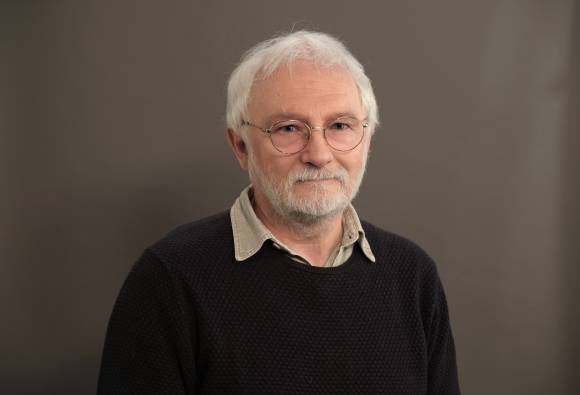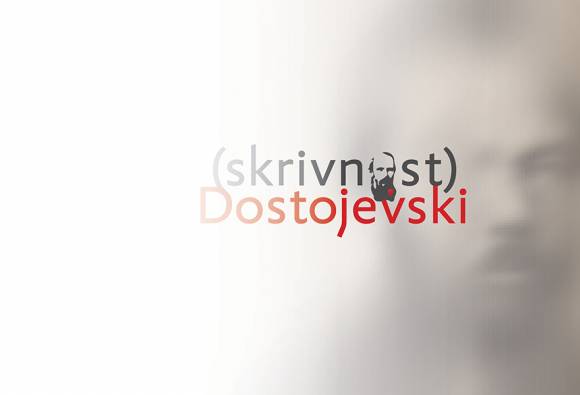An homage to Dostoevsky on the bicentennial of his birth

Sustaining Diversity - Philosophical Symposium on "Multiple Worlds" in Theory and Practice
Concept, organisation and chairing: Dr. Marko Uršič
The earliest hints of the multiverse – the idea that there are many worlds which exist in parallel at the same time as our own – are found in ancient Greek schools of thought and, particularly, in Eastern spiritual teachings. The many-worlds interpretation depends, of course, on our perception of the concept of world, both in terms of natural sciences and psychology.
Throughout the history of Western thought, the "world" was constantly growing, expanding and deepening, changing from a cohesive cosmos to an infinite, or at least boundless, universe, culminating in contemporary multiverse theories. Nowadays, the idea of multiple worlds ("parallel" universes, etc.) is largely the subject of discussion in philosophical and/or scientific cosmology, quantum theory, as well as modal logic and epistemology.
The symposium seeks to address the concept of "multiple worlds" from various angles in a wide-open and dialogic discussion, while remaining within the broader thematic horizon of philosophy.
On 18 February morning, papers will be given by academic Dr. Tine Hribar, Dr. Janko Lozar Mrevlje, Dr. Edvard Kovač, Dr. Darko Štrajn, Dr. Borut Ošlaj; the afternoon speakers: Dr. Andrej Ule, Dr. Olga Markič, Dr. Božidar Kante, Dr. Maja Malec and Dr. Peter Lukan;
On 19 February morning, papers will be presented by: Dr. Lenart Škof, Dr. Bojan Žalec, Dr. Tomaž Grušovnik, Dr. Nina Petek and Dr. Marko Uršič.
The event will be held in Slovenian.
Sustaining Diversity - Philosophical Symposium on "Multiple Worlds" in Theory and Practice
In cooperation with Slovenska matica
The language of the symposium is Slovenian with no simultaneous interpreting available.





 The Dostoyevsky Secret
" width="580" height="395">
The Dostoyevsky Secret
" width="580" height="395">
